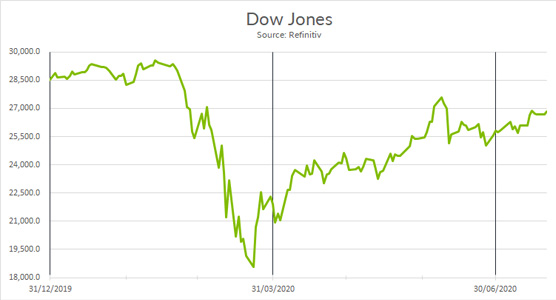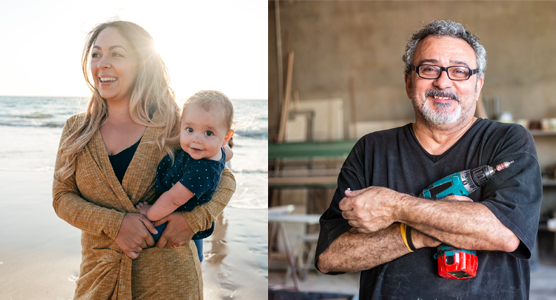
Investing with Christian values
Investing with Christian values
We invest your savings in the Christian KiwiSaver Scheme, and all the other funds we manage, under our Ethical Investment Policy, a policy based on our Christian values. We call it being Ethical at Heart.
We recently looked at what underpins our approach to ethical investing, which might be better termed value-based investing. We started from recognising that economic decisions involve values-based choices and that the Christian tradition recognises that these choices are made in a world marred by human failure and its consequences. And yet we have a God who is active in restoring the world and a church which seeks goodness and the growth of human flourishing.
When applied to the work of Anglican Financial Care, as your fund manager, this means that we recognise the order of New Zealand society, including the legal requirement for the organisation to act in the financial interest of its members. As we do so, we expect that a participation in the economic life of our nation and world informed by Christian ethics will be fruitful, and that investing in those things which God loves will be productive as well as tending towards the restoration of the world.
Some investment opportunities will be so marked by evil or its consequences that we will not invest, even if the potential financial reward is high. However, many other investment opportunities are ethically mixed. For example, concrete has been rightly called “the most destructive material on earth,” but concrete is widely used as a cheap and effective way to build homes desperately needed by the poor. It can be ethically preferable to invest in a concrete producer — if the purpose of the investment is to meet human need. Most forms of investment will involve complicity in a degree of disorder – and therein lies the challenge of values-based investing. Our primary function is to prudently build your nest egg with solid returns whilst keeping to our values.
It is no accident the church’s mission is expressed positively (how we share in the good that God is doing), rather than negatively (how we avoid evil). Our investment activity will similarly express the ways in which we are participating in the good God is doing in the world. Theologically, our bias is towards optimism about the restoration of the world, not withdrawal from the world. We are required to build, produce and multiply. This means we will continue to invest, even though this involves us in the mess of a broken world, because we believe that by wise investment choices we can support what tends towards the good.
Our investment activity, then, will be informed first by a desire to support and encourage what is good. We are not defined primarily by what we reject. Our defining mark of ethical commitment is that we support the signs of God’s restoring work in the world. We will work hard to make wise and ethical investment choices, and to explain clearly why we believe our investment choices support the mission of the church.
How do we actually do this in practice? We start from a list of sectors which we consider are in essence contrary to Christian values. This list includes alcohol, animal welfare, armaments and defence, fossil fuels, gambling, pornography, and tobacco.
We are aware that there are fiduciary implications from screening out all these stocks (shares), so we lift the lid on these sectors to see if there are any stocks within these sectors that could be included. We use some international investment research to help in this respect. We then go through a robust process with our investment committee to justify any inclusion that we think is warranted.
The Christian KiwiSaver Scheme has from its very beginning in 2007 been invested under Anglican Financial Care’s Ethical Investment Policy. As an organisation Anglican Financial Care formalised its commitment to ethical investing in 2002. However, even prior to that we endeavoured to make investment choices that aligned with Christian values, which form the foundation of our organisation. Our Policy is not static just as the world around us is constantly changing.
Not already a member of Christian KiwiSaver Scheme? Join other like-minded Kiwi Christians growing their savings ethically today!










